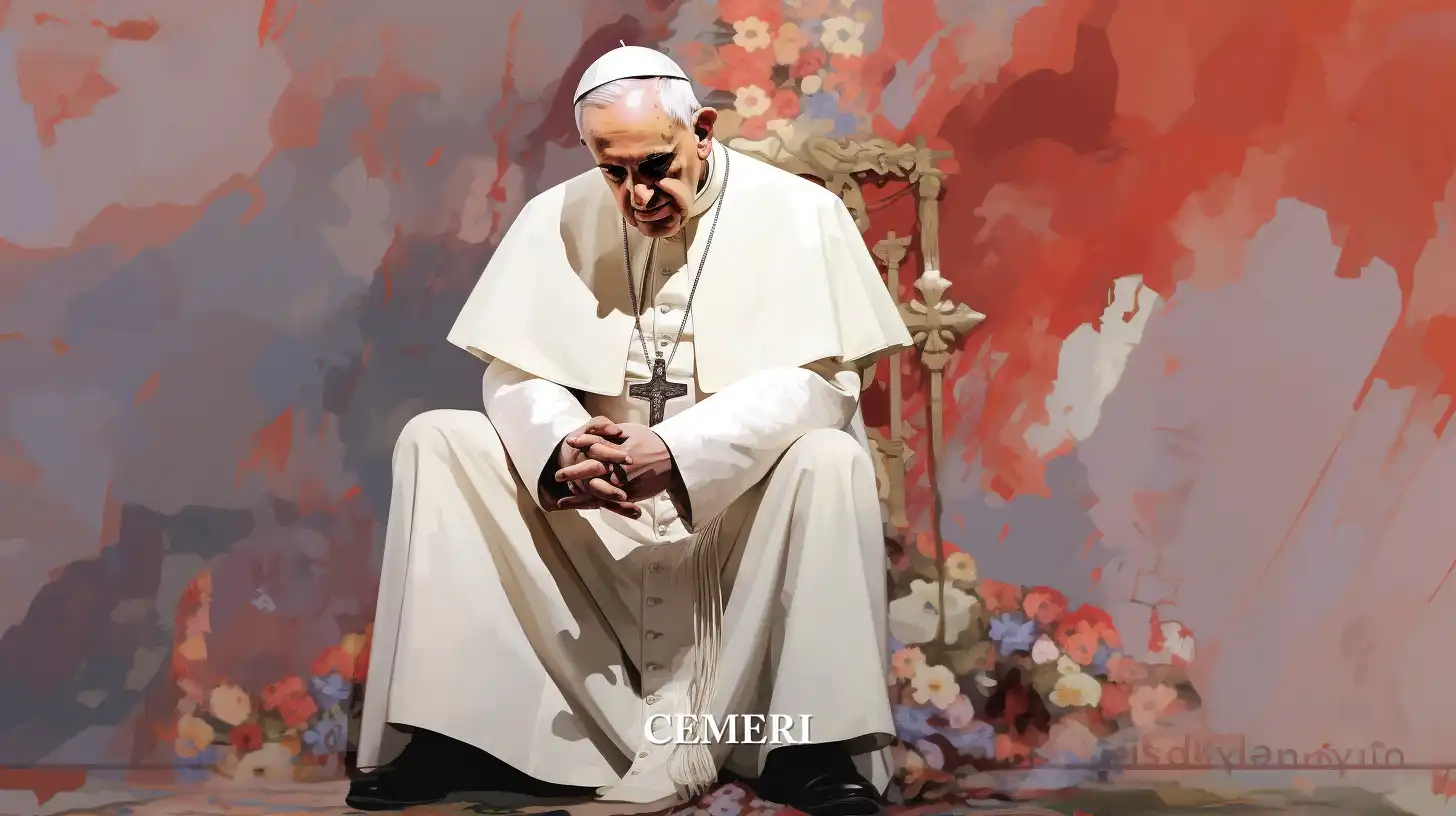Opinion
Luis Salgado
The rich are made by luck, not by merit
- Only 20% of the world population owns 80% of total wealth, while the remaining 80% of the population owns only 20%.

Today there is a kind of rule - not written - that ensures that economic success comes from a mixture of effort and talent. Continuous decades of this discourse have found an echo in society and it has ended up accepting that such a thing as merit exists. However, nothing is further from the truth than thinking that being smart, enjoying talents or working hard will pave the way to a prosperous future. The wealth in the world is generated thanks to luck.
The global distribution of wealth, like many other phenomena, is governed by the 80-20 rule. In other words, only 20% of the world population owns 80% of total wealth, while the remaining 80% of the population owns only 20%. Yes, this is a total scheme of inequality that has endured for centuries. And if this figure were not bloody enough, it is worth mentioning that only 85 people of the more than 7.5 billion have such wealth to their credit equivalent to that of half the world .
The meritocratic myth could make us believe that if 85 people have so much wealth it is because they have deserved it. Pray for their talents and intelligence, pray for their hard work. However, a computer model of wealth creation has revealed what various academics and philosophers have only been able to speculate about: these people have been lucky. With such an assertion, it is not intended to detract from the achievements of those who have amassed great fortunes, but rather to clarify how they have achieved it. For this, and before any argument, it is enough to resort to mere statistical indices.
The distribution of intelligence among humans, like the rest of the abilities, follows a normal distribution, that is, there is not a great difference between the lowest and highest values with respect to the average. . For example, as far as intelligence quotient (IQ) is concerned, the average is 100. However, we did not find anyone with an IQ that exceeds the average by different orders of magnitude (1,000 or 10,000). In a matter of "effort" the same thing happens if it is measured by hours worked. There are those who work 8 or 9 hours on average, while some work a little more or a little less. But again, there is no one who works 1,000 or 10,000 hours more than others.
In a normal distribution, the frequency decreases as the value moves away from the mean.
Interestingly, when you assess the wealth of people, you will find that there are people who not only have a thousand or ten thousand times more wealth than the average, but there are those who have millions and billions more times the amount of wealth than the average. If wealth is generated by merit, why then are the ratios of intelligence, effort and wealth not equal to each other?
The answer to this question was found by Alessandro Pluchino together with some of his colleagues at the University of Catania, in Italy. Pluchino's team designed a computer model that replicates human talent and the way people use their skills and opportunities in life.
How does the Pluchino model work?
The model is actually quite simple. The simulation consists of n number of people, each of whom has different levels of talents and abilities. These levels are distributed based on an average and a normal distribution, so some people are more talented than average and others a little less; just like it happens in real life.
The computer model generates a simulation of 40 years – the equivalent of the working life of an average individual. During this time, each person experiences both lucky and unfortunate events. The former represent an opportunity to increase your wealth, while the latter diminish it. Both events occur completely randomly for each and every one of the simulated individuals.
Once the 40-year simulation is over, Pluchino and his team analyze the levels of wealth achieved by the individuals within the simulation and record the results. Once the simulation is finished, the research team repeats it over and over again to reduce the margins of error as much as possible.
No matter how many times the simulation has been run, the results are always the same: wealth is distributed under the 80-20 rule. Once the results are thoroughly analyzed, the research team concluded that the top 20% is usually not the most talented, but rather the luckiest. “The greatest success never coincides with the greatest talent and vice versa.”
Sources
NA

